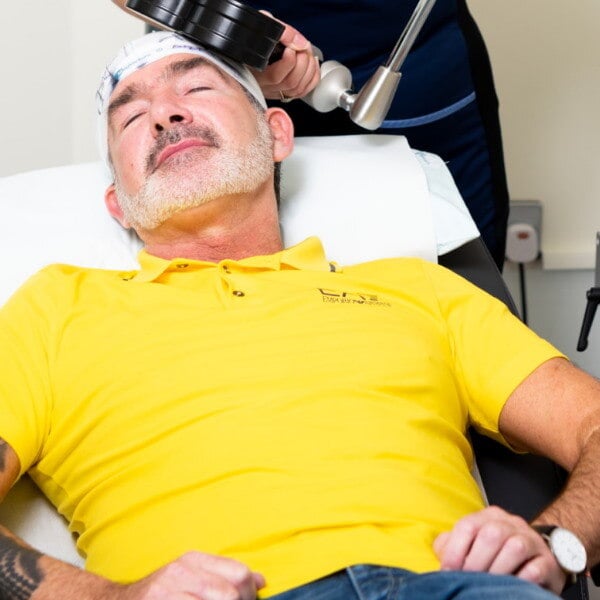TMS for depression and comorbid Borderline Personality Disorder (BPD)
March 21, 2021 - Smart TMS

Why TMS is the Best Choice of Treatment for Major Depressive Disorder with Comorbid Borderline Personality Disorder.
London Corporate Photography
Mounting research has shown that borderline personality disorder (BPD) is highly comorbid with depression and has been associated with treatment-resistance. Transcranial magnetic stimulation (TMS) is an FDA- and NICE- approved treatment for resistant depression. Ward and colleagues (2021) demonstrated, with their recent study, that while patients treated with electroconvulsive therapy (ECT) for depression with comorbid BPD showed a significant impaired treatment response – patients treated with TMS did not. In other words, they found that BPD does not reduce the antidepressant effect of TMS treatment in depression.
Ward et al. (2021) conducted a retrospective chart review of 356 individuals who received TMS and 1434 individuals who received ECT for depression with comorbid BPD. TMS was administered for 20-36 sessions with an intensity of up to 120% of their resting motor threshold, equating to 1980 pulses at a frequency of 18Hz. ECT was administered at 6 times the determined seizure threshold for 6-12 sessions. BPD and depression symptoms were measured, through the self-completion of the McLean Screening Instrument for BPD (MSI-BPD) and the Quick Inventory of Depression Symptomatology Self-report (QIDS-SR), respectively.
Their statistical analysis of the MSI-BPD and QIDS-SR scores demonstrated that, individuals who were treated with TMS had a significant and simultaneous decrease in their scores regardless of whether they also had traits of BPD or not. On the other hand, ECT treatment efficacy on individuals with BPD traits took longer than on individuals without BPD. This demonstrates that similarly to the efficacy of cognitive behavioural therapy and antidepressant, the efficacy of ECT is also reduced with the presence of a comorbid BPD – but not in TMS treatment.
Consequently, it can be argued that when comorbid with BPD, depression should be treated with TMS for the best outcome.
The paper by Ward et al., 2021 is available at –
https://www.sciencedirect.com/science/article/abs/pii/S0165032720329840?via%3Dihub
[Content kindly written by Athana, our South Kensington Practitioner]
Contact Us
- Tel: 0345 222 5678
- Email: info@smarttms.co.uk










